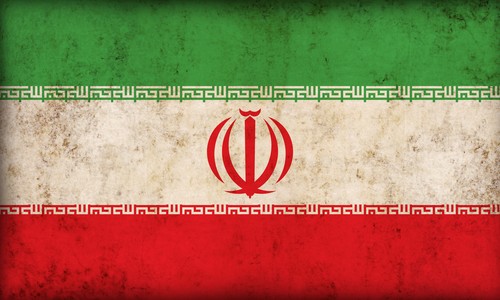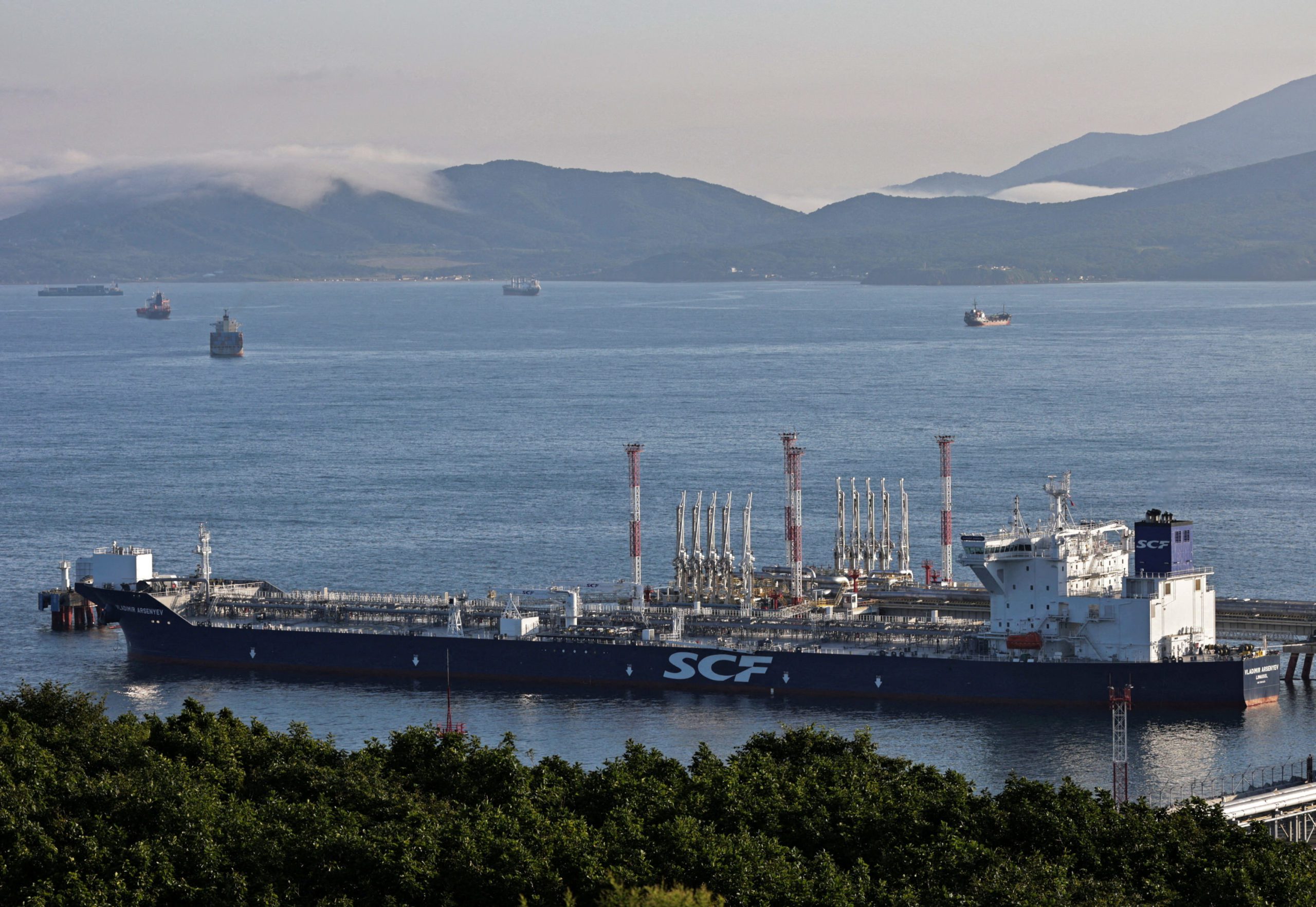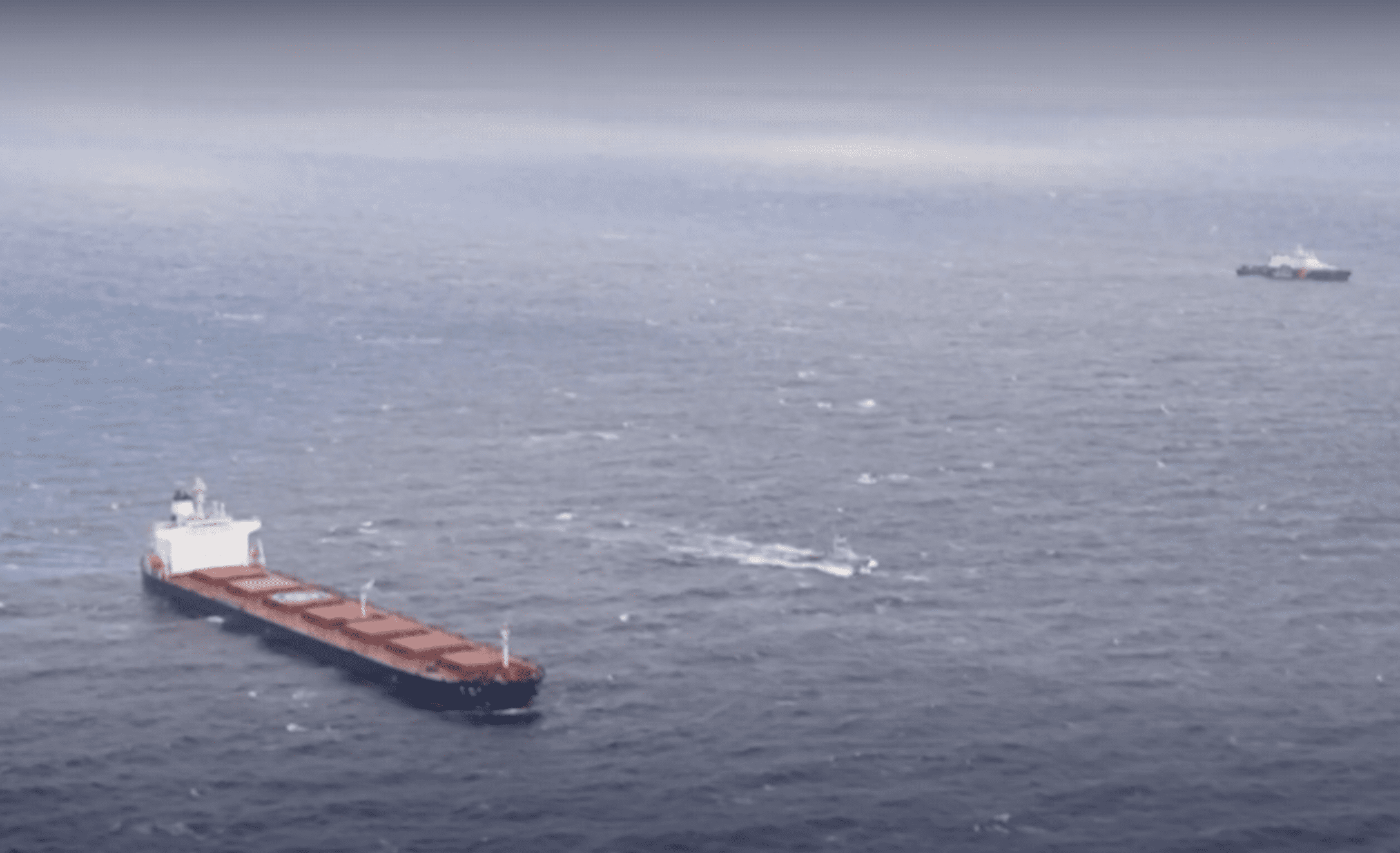LONDON–Iran is playing a complex game of cat-and-mouse as it tries to assist its ally Syria while avoiding tighter international sanctions on its oil trade.
The Islamic Republic is switching ownership of its tankers among shell companies in offshore tax havens and flagging and reflagging its vessels in countries as far afield as Togo and Honduras.
The strategy is especially complex when it comes to disguising its trade with Syria, itself the object of separate sanctions imposed by the U.S. and the European Union. Iran is one of the last and most loyal supporters of the regime of Syrian President Bashar al-Assad.
Last week, Iran sent an oil tanker loaded with refined products from its Persian Gulf port of Bandar Abbas to Syria’s Mediterranean terminal at Baniyas, according to ship tracking website Marine Traffic and a person at the Syrian oil port who requested anonymity. When it docked at Baniyas, the tanker was named the Hillari and was flying the Honduran flag.
But it isn’t the first time the vessel has made the trip from Iran to Syria, according to Abdou Husameddin, a former Syrian deputy oil minister who defected in March. At least two previous voyages were made when the ship was known as the Alvan and flew the Panamanian flag, according to Syria oil experts and ship brokers.
Iran has resorted to these strategies to try to stay a step ahead of the U.S., the EU and others trying to enforce tough sanctions against the oil trade of both Iran and Syria. By disguising the ownership of its tankers, it can sidestep problems the ships may face when calling at ports en route from Iran to Syria, and can continue to access the international banking system to pay the salaries of the crews and obtain food, fuel and other necessities during the voyage.
Iran has taken similar steps to disguise the ownership of tankers shipping its oil exports to Asia and other destinations. The National Iranian Tanker Co., the country’s largest oil-vessel operator, reflagged several vessels in Tanzania earlier this year after new EU sanctions forced it to stop flagging vessels in Malta, an EU member. Tanzania has said it would take steps to de-flag any tankers the U.S. alleges to be owned by Iran. NITC owns about 40 tankers, which now carry the majority of Iran’s oil exports.
According to the EU’s website, the vessel Hillari is ultimately controlled by the state-owned Islamic Republic of Iran Shipping Lines, which has been sanctioned by both the U.S. and the EU for its alleged involvement in shipping military equipment to Iran. The general directorate of the Merchant Marine of Honduras confirmed that the Hillari is flying the Honduran flag but didn’t comment on its Iranian connection.
Officials at IRISL–which denies any involvement in Iran’s military program–either declined to comment or said they didn’t have any information on the flag changes. IRISL owns about 115 vessels, including a few oil tankers.
IRISL has also employed these tactics to help Syria export its own oil, according to investigations carried out by The Wall Street Journal.
Iran has been quietly shipping Syrian oil back to Iran, either for re-export to Asia or to blend with its own crude and use in its refineries, said Mr. Husameddin.
Syrian oil was transported on the Amin, another vessel ultimately controlled by the IRISL, according to the U.S. government and an IRISL official. During a voyage earlier this year from Syria to Iran, it switched flags from Sierra Leone to Togo after the Iranian ownership of the ship was discovered and Sierra Leone came under international pressure to de-flag the vessel. Alfa Lebgaza, Togo’s director for maritime affairs who oversees its flag registry, confirmed that the Amin was “flying a Togolese flag.” But he subsequently said the ship–along with two other Iranian ships flying the Togo flag–would be struck off.
Until May, the Amin was owned by a Maltese company, ISIM Amin Ltd. But after the EU discovered the connection between the Maltese company and IRISL, the Amin’s ownership was transferred to a Belize-based company, Auris Marine Co. Ltd., according to the shipping database Equasis. The database of the United Nations-affiliated International Maritime Organization confirms that Auris Marine is ultimately controlled by an IRISL subsidiary.
Gian Gandhi, the director general of the International Financial Services Commission of Belize, who confirmed Auris’s Belizean registration, said, “We were unaware of the fact that it is Iranian-owned.” He added that Belize is now taking steps to have Auris Marine struck off its register.
Experts say Iran is able to disguise the ownership of its vessels because of the ease with which ship owners can secure new flags. Many ship registries don’t perform thorough checks on the vessels’ ownership, according to Hugh Griffiths, who heads a program to counter illicit trafficking at nonprofit Stockholm International Peace Research Institute.
For IRISL ships, reflagging is designed to make sure “as few ‘red flags’ as possible are on documents connected with these vessels,” said Matthew Godsey, a senior research associate at the Wisconsin Project on Nuclear Arms Control.
-By Benoit Faucon. (c) 2012 Dow Jones & Company, Inc.
Unlock Exclusive Insights Today!
Join the gCaptain Club for curated content, insider opinions, and vibrant community discussions.

 Join The Club
Join The Club











